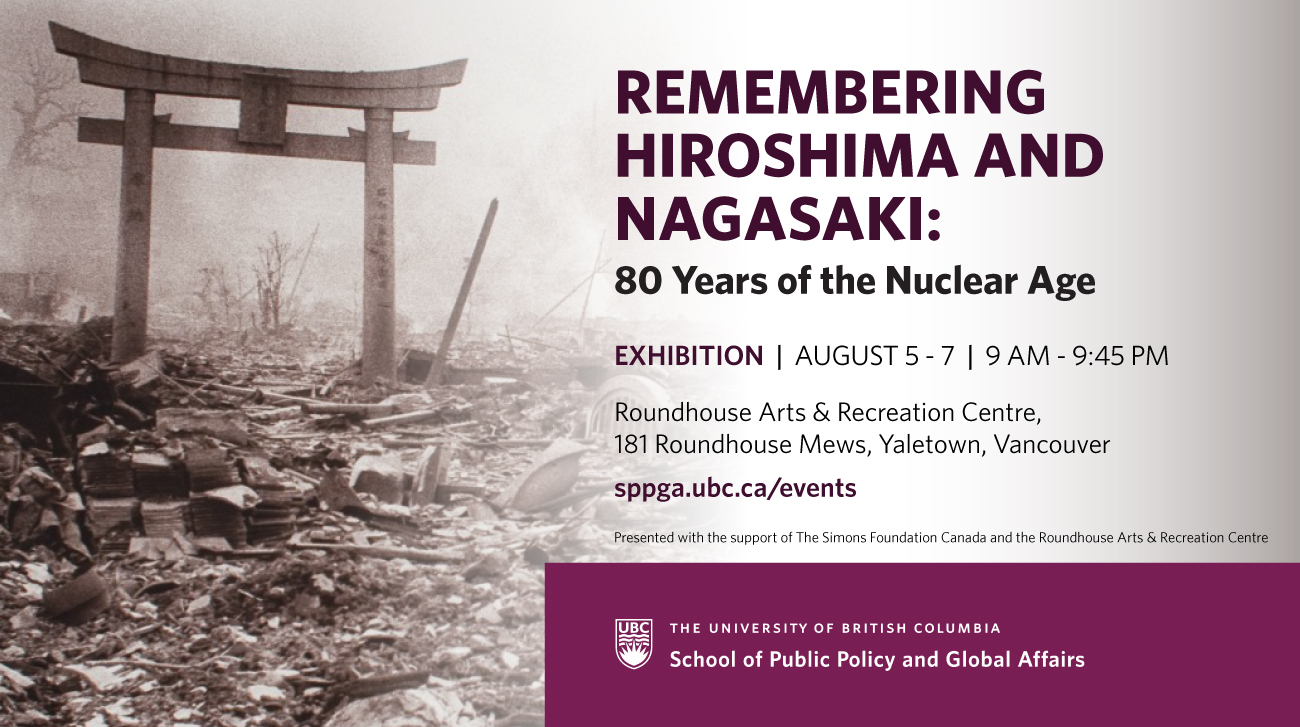How do historians delineate the temporal boundaries of major historical events, and trace their origins, precedents, and preludes? How are periodization schemes constructed and defined? In this talk, Prof. Wu will reconsider the opening phase of China’s Great Proletarian Cultural Revolution and the critical events leading up to it, with the aim of developing an understanding of how the great turmoil began in ways less dependent on familiar Mao-centric, linear, and teleological premises and more sensitive to historical contingencies and contextual ambiguities.
About the Speaker:
Yiching Wu is Associate Professor of East Asian Studies and Director of the David Chu Program of Contemporary Asian Studies at the University of Toronto. With a PhD in cultural anthropology at the University of Chicago, his research focuses on the history, society, and politics of Mao’s China, in particular history of the Cultural Revolution. His book, The Cultural Revolution at the Margins: Chinese Socialism in Crisis (Harvard University Press, 2014), was the recipient of the President’s Book Award from the Social Science History Association, and the finalist of the Wallace K. Ferguson Prize (for non-Canadian history) from the Canadian Historical Association. He is currently working on a new book project that reexamines the preludes and beginning of the Cultural Revolution.

